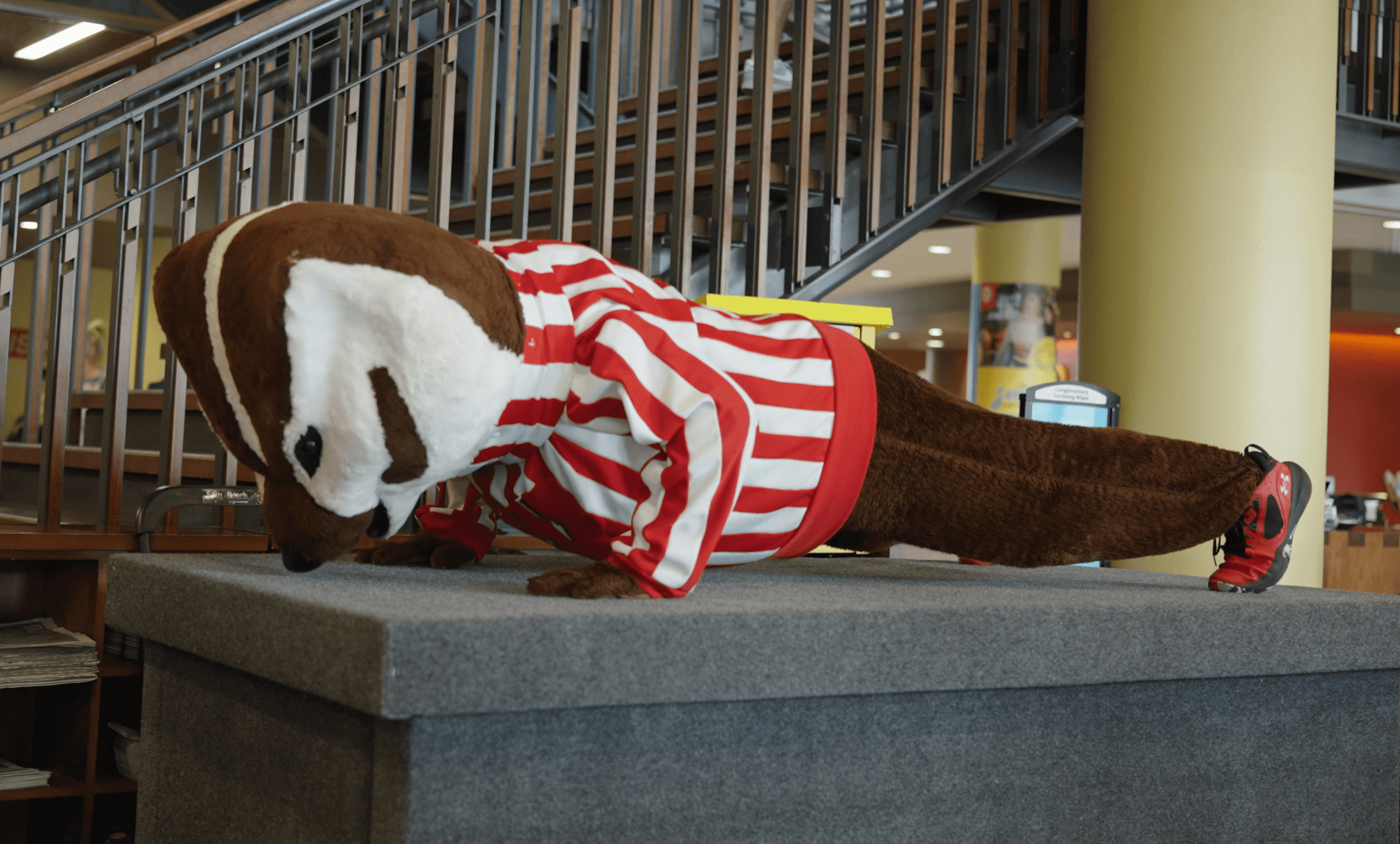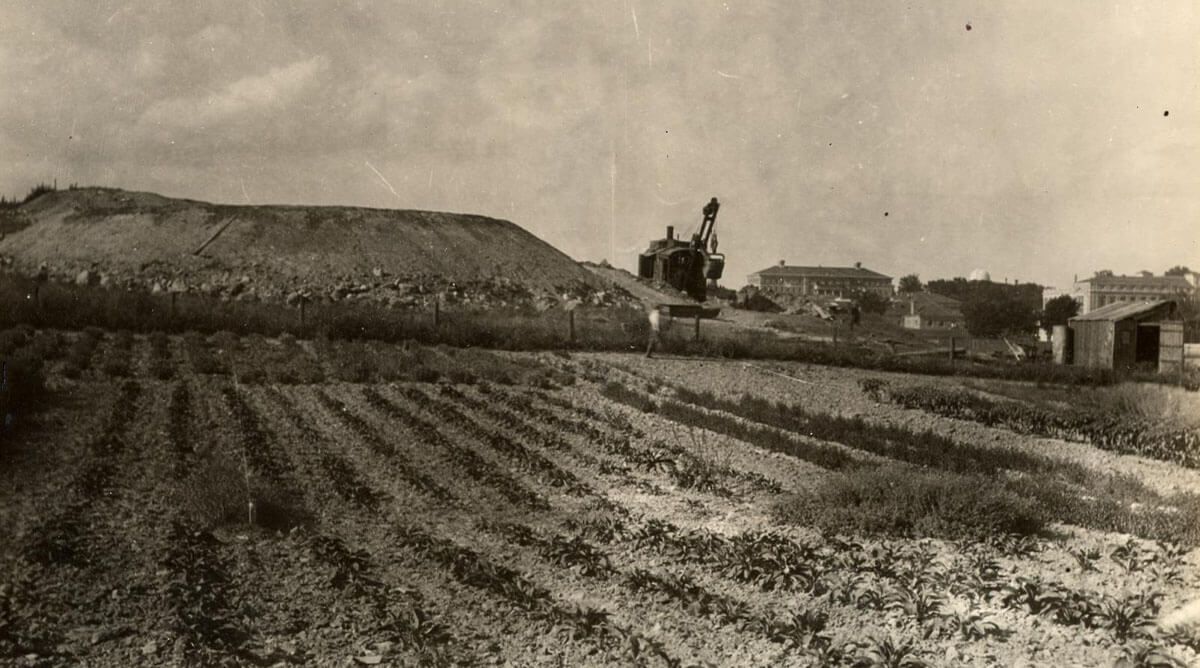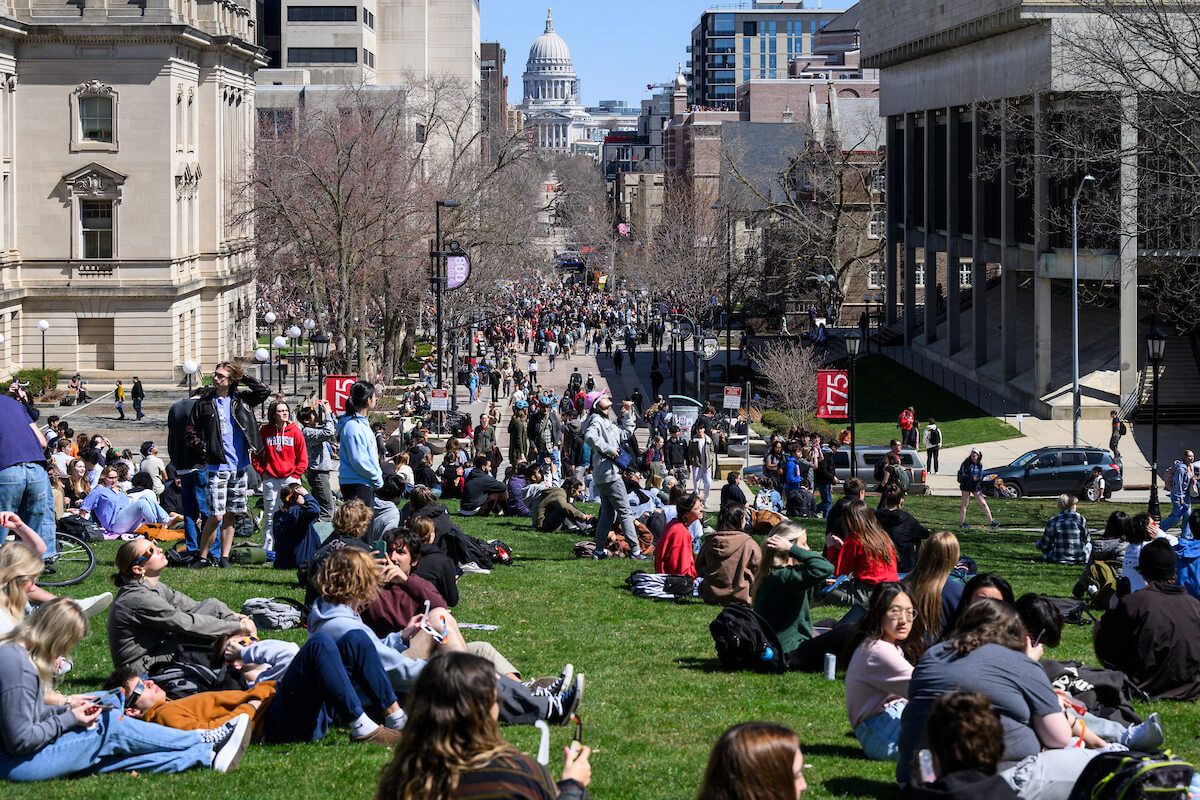UW–Madison alumna launches new research project.
Tangela Blakely Reavis MS'13, PhD'17 is a first-generation college graduate. She grew up attending public schools in New Haven, Connecticut. The city is home to Yale, one of the most prestigious, well-respected universities in the world. Even though the university is just down the road, Reavis says few of her classmates attended. “Why didn’t my high school class have access to an institution that was in our neighborhood?” wondered Reavis. That question launched her quest to study higher education access for Black students.
After attending Spelman College, a historically Black liberal arts school for women in Atlanta, she came to UW–Madison to earn her master’s and doctoral degrees in educational leadership and policy analysis. She’s now an assistant professor of educational leadership at Saint Mary’s College of California.
Reavis recently received a $50,000 grant from the Spencer Foundation to launch a new research project looking at how the COVID-19 pandemic is affecting Black students’ college choices. Along with Kelly E. Slay, assistant professor of higher education and public policy of Peabody College at Vanderbilt University, she is working with several high schools located in California. Reavis and Slay will collect data over a full academic year through in-depth interviews and examination of diary reflections from Black high school students. Researchers will also conduct interviews with students’ caregivers, school staff and administrators, and statewide higher education experts to further inform their understanding of the college-going landscape in the age of COVID. “Higher ed has changed so much over the course of the last year and a half with this pandemic,” says Reavis. “What are the needs of the Black community at this time? What’s missing? What’s working? What can we learn from this pandemic?”
Reavis believes the pandemic has amplified many inequities for students of color. Between higher rates of COVID infection and mortality and greater levels of economic and educational disruption, the pandemic has increased existing systemic barriers that will have long-term implications for Black students and their pathways to college. “Certainly, we anticipate emphasizing some of these inequities, but we’re also looking for success stories as part of our inquiry,” says Reavis. “What are some of the strategies that our counselors are using? What are practitioners doing to support Black students that might be instructive for us to think about ways to reimagine education and support students going forward?”
There is also a trend of higher enrollments for historically Black colleges and universities. Reavis will be researching the connection between that trend and COVID, along with social injustice issues brought into focus by the murder of George Floyd and other people of color. The research analysis should be completed in the next three years.







